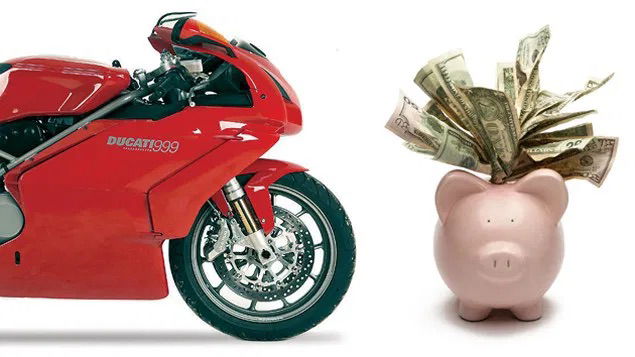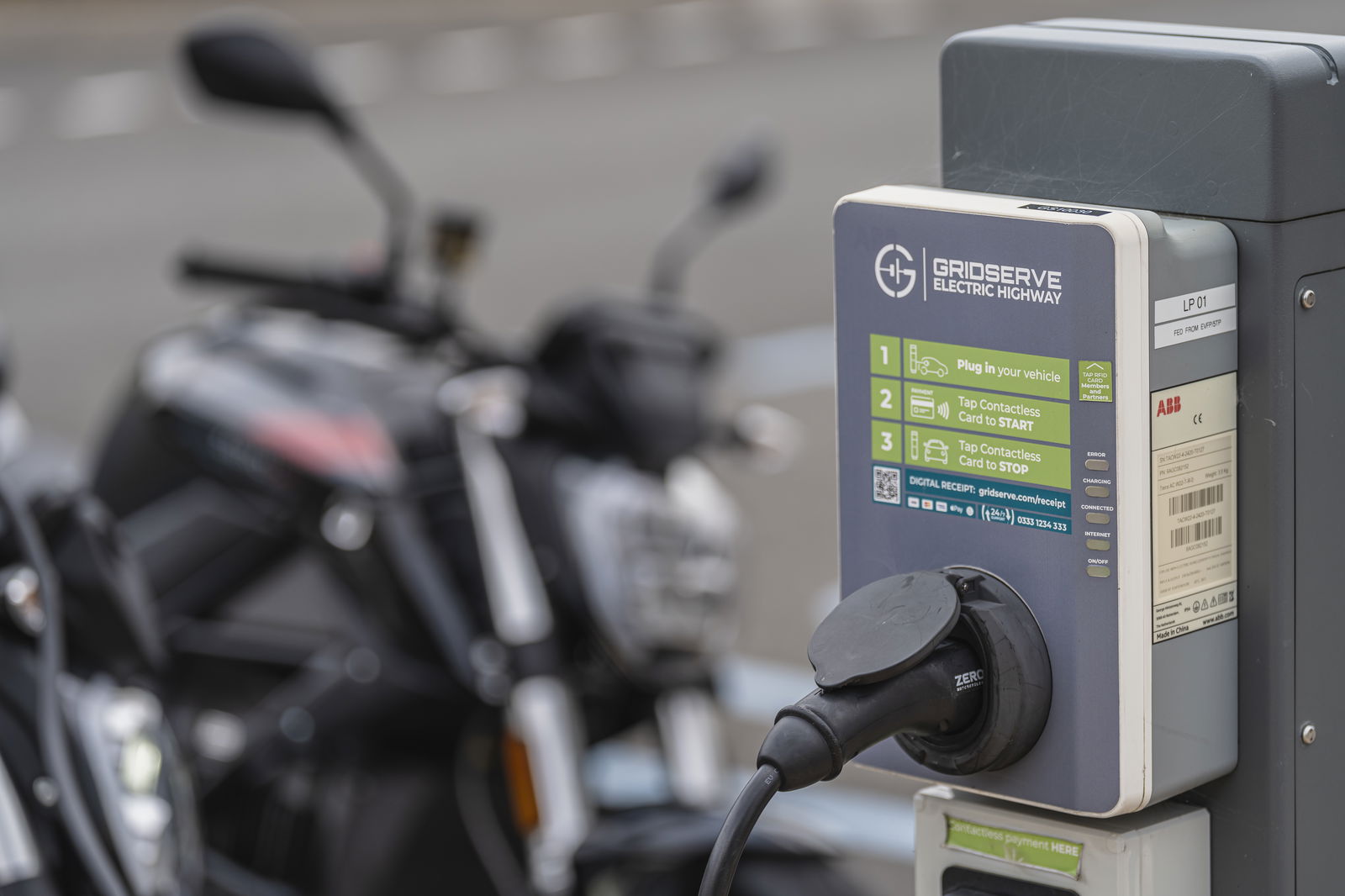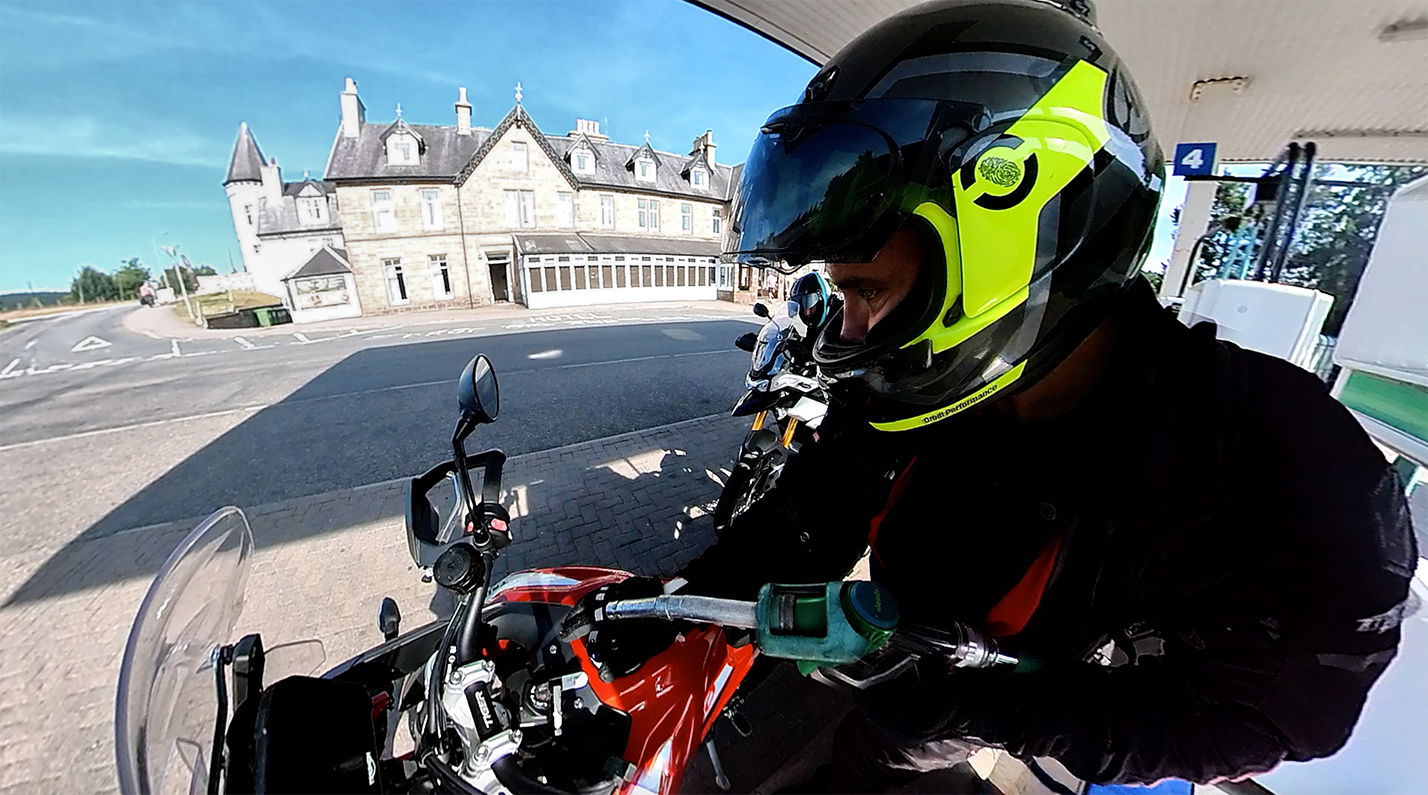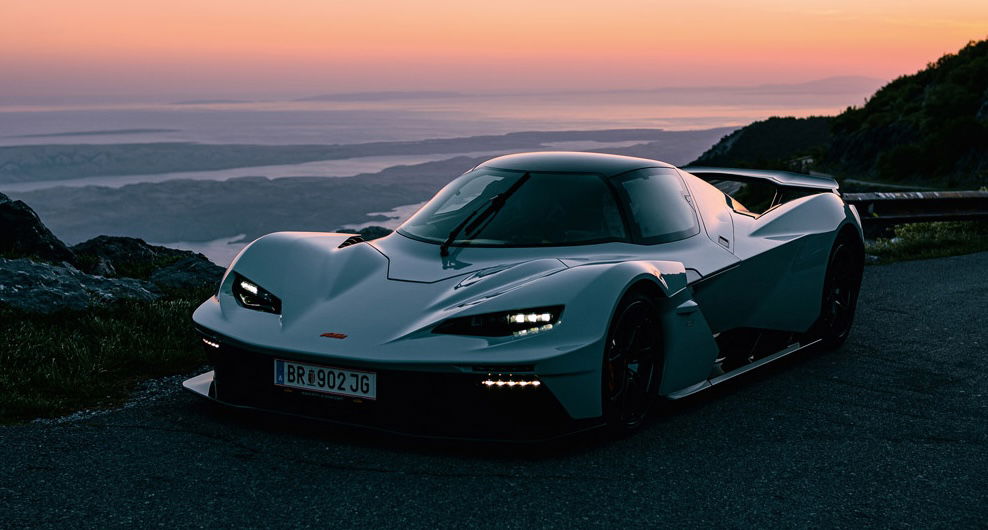Motorcycles largely forgotten in the Autumn Budget, but that might be a good thing
A mileage-based charge for electric and plug-in hybrid cars from 2028 and a short-term freeze in fuel duty were among the key changes in the Autumn Budget 2025.

This lunchtime, the Chancellor of the Exchequer, Rachel Reeves, delivered her 2025 Autumn Budget in a typically packed and rambunctious House of Commons.
To the casual observer, it can look a bit like a bunfight in a public school refectory, and while that is true of this budget, there was also quite a bit of it that related to road users.
But while four wheels took centre stage, motorcycles hardly got a mention, apart from an acknowledgement that Vehicle Excise Duty (road tax) would be adjusted in April 2026 and that bikes fall “out of scope of eVED”. And while this moot point on the PTW may be telling, it may also be a good thing.
With electric car ownership about to get more expensive, and fuel duty still frozen (for now), motorcycles could increasingly become the sensible option over both petrol cars and EVs - and let's not get started on public transport.
As costs tighten, light, efficient and congestion-busting transport may start to look a lot more attractive. And motorcycles already do all of that — with none of the new EV mileage charges on the horizon. What we didn’t see from the chancellor was a push to make the motorcycle EV grant any more attractive, and while that would have been a nice two-wheeled headline to roll with, I think it’ll take more than a few hundred quid extra subsidy to win over the UK’s sceptical riders.
Mileage-based EV tax – four wheels pay per mile

From April 2028, drivers of battery-electric and plug-in hybrid cars will pay a mileage-based charge called Extended VED (eVED). Not congestion charge, not VED, a tax simply for driving based on how far they go. According to the Office of Budget Responsibility (OBR), which rather cheekily leaked its report on the budget hours before the chancellor had delivered it, the system will charge battery electric cars £0.03 per mile and plug-in hybrid cars £0.015 per mile. In her speech, the chancellor said that the revenue generated could be used to help maintain the UK’s fractured roads.
That means a typical driver covering 8,500 miles a year will pay £255 just for driving their EV - according to the RAC that is roughly half the current fuel duty paid by petrol and diesel drivers. The Treasury hopes this will raise around £1 billion in its first year, rising to around £1.9 billion by 2030. The downside, as there is always one, is that the OBR estimates nearly half a million fewer EVs and hybrids will be sold as a result. So yeah, there’s that to contend with.

So lots of changes for car drivers, especially those driving EVs and hybrids, and the only mention that bikes got was when they were mentioned as being exempt from the extended VED (pay per mile) scheme and VED adjustment. There was nothing else to note. No mileage charge. No direct penalties. No mention at all — which, in UK transport policy, might be the closest thing we’ve had to good news in a while.
Add in parking advantages, lower emissions, less congestion, and less mass to break up the roads… and suddenly, two wheels look like the easiest way to get around this new tax landscape.
Fuel duty remains frozen (but not for long)

Fuel duty, which has been frozen for around 16 years, stays frozen, but only until September 2026. After that, the five pence-per-litre cut (first introduced in 2022) will be reversed gradually. From April 2027, fuel duty rises with inflation (RPI).
Luxury car tax change – EVs get a break, motorcycles still invisible

To soften the blow of the new EV mileage charge, the Chancellor has raised the threshold of the Expensive Car Supplement (also known as the ‘Luxury Car Tax’) exclusively for electric vehicles. From April 2026, the EV threshold for the ECS rises from £40,000 to £50,000, while petrol, diesel and hybrid cars stay at £40,000.
If transport policy keeps tightening around larger, heavier vehicles, EVs and luxury cars, motorcycles, and the significant industry it supports in the UK, it might just get the kickback it has been waiting for. The Autumn Budget might not have mentioned motorcycles that much, but it could send more people our way.
Find the latest motorcycle news on Visordown.com


